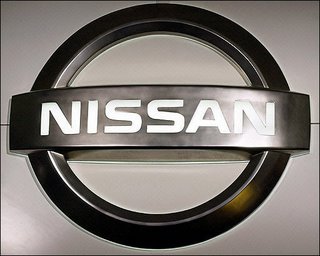'Climate change: Citizens Agenda.'

The above title is the name put to a recent Defra (Department for Environment, Food and Rural Affairs ) committee looking at how change in behaviour can mitigate the effects of climate change. There were a number of 'witnesses' called to this 2 1/2 hour long committee; for Ofgem, chief executive Alistair Buchanan and managing director Steve Smith; senior people from the Institution of Civil Engineers and the Royal Institution of Chartered Surveyors. The committee was chaired by Michael Jack.
There was a wide range of topics covered, with many looking at how the individual could help to speed up the reduction of carbon emissions within the UK. The central concern here was better provision of information for consumers looking to reduce their carbon 'footprint'. Currently there is no one place within the UK that an individual can go to for both price information and technical comparisons or options when looking to invest in efficiency and renewable measures. It was felt that Ofgem (who operates under the direction and governance of the Gas and Electricity Markets Authority) should be playing a central role here. There are plans however for Energywatch to become the full 'consumer interface' by 2008. Currently price comparisons can be obtained from companies such as uSwitch .
Consumers who are looking to invest in energy saving technologies and renewables, including micropower are finding the information gathering task incredibly difficult, especially when trying to weight up the different options increasingly available to them, on a limited budget. Which boiler should they go for? Should they instead use their funds for cavity wall insulation? Is solar going to pay back? Does micro windpower need planning consent? Just a sample of what 'joe public' are wading their way through. This committee mentioned that solar photovoltaics can take up to 46 years to pay back on current technology, even if the panals last that long. Therefore a consumer may want to spend their hard earnt money on cavity wall insulation instead. Might not be as trendy but, a more effective solution to reduce their carbon footprint! More than 300,000 people sort energy efficiency advice during 2004.
Billing information (e.g. your home gas bill) or the lack of it was seen as a major problem because, consumers are unable to track trends in their consumption habits and make carbon reduction investment decisions from those trends. It was mentioned that EDF were making inroads here and that British Gas are investing 100s of millions of pounds in improving their customer information systems. Everyone on the committee thought this amount of money excessive and a running theme was the excessive profits earnt by power companies.
Looking at power generation it was suggested that the most important solution for the UK right now for getting a large and real carbon reduction was to get on stream (connected to the grid) the hugh wind farm investments happening up in the north of Scotland. It will provide a 5GW capacity on a total UK capacity of 61GW. For this to happen a new transmission line needs to be built and the main concern for Ofgem is that planning hearings do not bog down its implementation for many years to come. Off-shore wind is the key, with on-shore just too weighed down by Nimby-ism.
Concerns from the civil engineers and surveyors covered the lack of R&D money for universities for start-ups and encouraging a wider skills base for all the new technologies and systems maintenance. More regulation was needed to improve a shoddy building trade and a better building inspection regime to make sure new regulations are followed by builders. It was noted that some 16th century homes are more energy efficient than new homes, thanks to better building techniques and the use of straw!!







